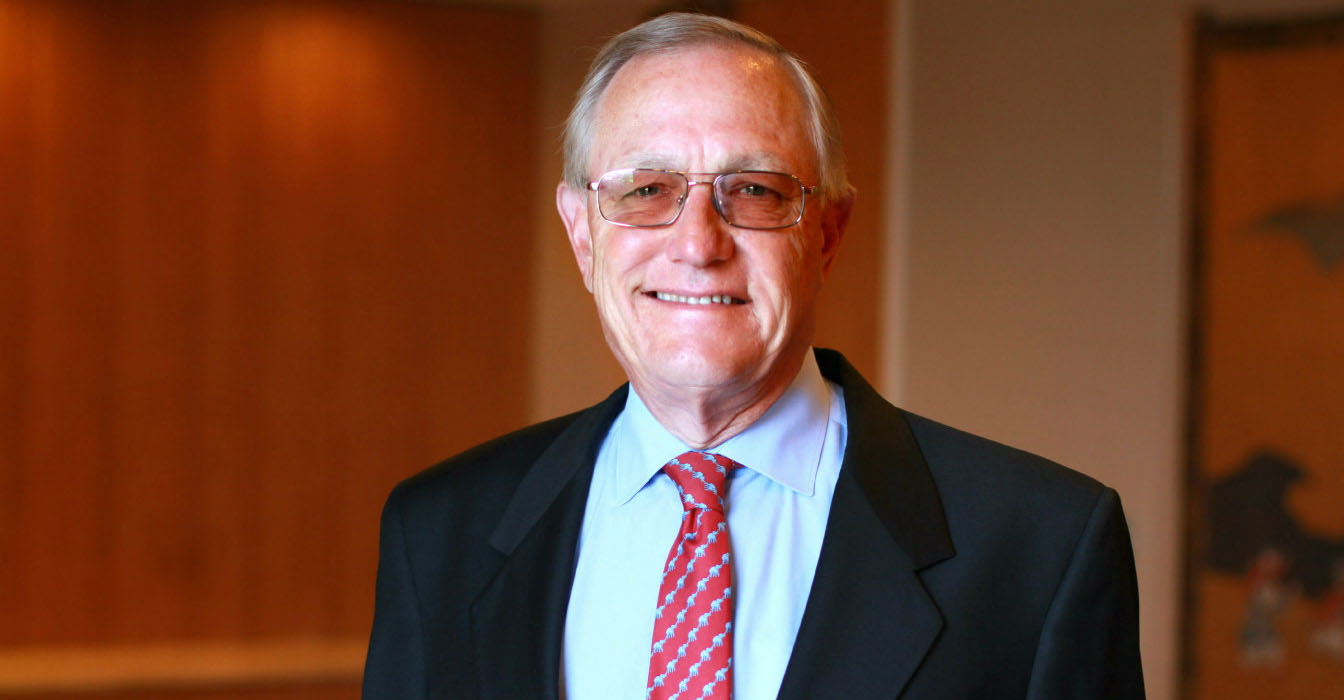Lawyer Limelight: Wiliam Cole
July 16, 2017 | Lawyer Limelights

Photo by Nicholas Hampton.
Of all the lawyers who made our annual list of the 100 Most Powerful Corporate Employment Lawyers, few have the depth of experience of Mitchell Silberberg & Knupp's William Cole. The Los Angeles-based partner has counseled employers, many of them in the entertainment industry, on a vast range of matters and taken the lead on countless cases and negotiations. Cole, a 1977 graduate of Stanford Law School, says the diversity of his practice has kept it consistently satisfying over his 30-year career.
Lawdragon: As a practice co-chair, what do you think sets the Mitchell Silberberg labor and employment team apart?
William Cole: The MSK labor and employment team handles traditional labor matters, employment litigation, collective bargaining and individual and class litigation. Attorneys in the department are not pigeonholed into one area of the practice but instead gain experience in all of these areas. This makes the MSK labor team able to see and understand a wide range of issues that are often missed by attorneys in other firms who specialize solely in employment litigation or solely in traditional labor law.
LD: What do you enjoy about the practice – what has kept you at it over the years?
WC: The labor and employment practice requires me to utilize a wide variety of skills and provides a diverse and interesting practice. On one day my focus may be on answering complex client questions and providing legal and practical advice on handling real life and critically important personnel and business decisions. The next day could involve handling a labor arbitration, an employment arbitration, a complex class-action litigation or a single-plaintiff discrimination claim. Additionally, my practice involves dealing with a wide range of government agencies and administrative proceedings and handling complex and often contentious labor negotiations.
LD: What does it take to succeed in this practice? What do you look for in younger lawyers?
WC: We look for bright attorneys who have great people skills and an ability to understand and empathize with employees from all parts of society. In order to properly counsel employers and to effectively deal with the issues we face, it is critical to understand what motivates employee behavior and to be able to effectively communicate with employees in different parts of the client’s business.
LD: Are there any trends you are seeing in your practice in terms of the types of matters keeping you busy these days?
WC: We represent many employers in the motion picture and television industry. Currently, the major motion picture producers and networks are involved in a round of collective bargaining negotiations with the major talent unions — the Directors Guild, the Writers Guild and SAG-AFTRA. During these periods, we spend a considerable amount of time advising clients regarding a wide variety of issues which come up in bargaining as well as how best to prepare for any labor disputes which might ensue.
LD: Is there a specific reason why you chose Stanford over another law school?
WC: Stanford provided a unique law school environment because of its small class size as compared to many other schools, the opportunity to work closely with nationally known legal scholars and the generally collegial relationship among fellow students.
LD: Do you have advice now for current law school students?
WC: I was introduced to labor law during my summer associate work after the second year of law school. I highly recommend that students interested in private firm practice take a summer position in a firm which does a wide range of work so that it is possible to be exposed to areas they may never have thought would be of interest to them.
LD: Was there an early experience or mentor who really helped shape the course of your professional life?
WC: I was fortunate to have two mentors at MSK, Harry Keaton and Nick Counter. Both were titans in the field but their personalities, approaches to practice and the manner in which they worked were very different from each other. This demonstrated to me that you need to develop your own style of practice, taking on attributes and approaches which you like and that fit your personality, but not trying to copy the approaches of another lawyer.

